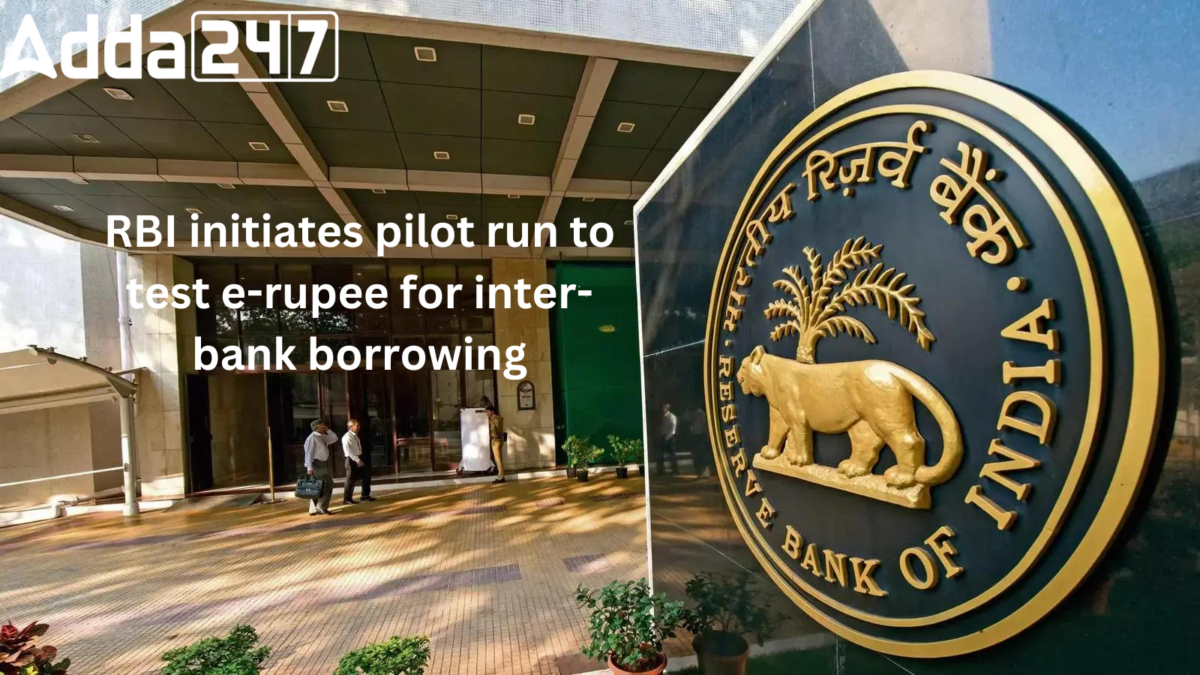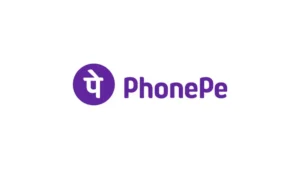Introduction
The Reserve Bank of India has taken a significant step in the digital transformation of the nation’s financial landscape by initiating a pilot run to test the E-Rupee, a Central Bank Digital Currency (CBDC), for inter-bank borrowing. The E-Rupee pilot project is a remarkable endeavor that seeks to harness the potential of blockchain technology and digital currency to revolutionize the way inter-bank transactions are conducted in India.
Expanding the Digital Horizon
The pilot project is believed to have been introduced via nine prominent banks, which were already part of the G-Sec pilot. These banks include:
- State Bank of India
- Bank of Baroda
- Union Bank of India
- HDFC Bank
- ICICI Bank
- Kotak Mahindra Bank
- Yes Bank
- IDFC Bank
- HSBC
With these banking giants on board, the E-Rupee pilot project is set to make significant strides in the financial technology sector.
Retail CBDC Initiative
RBI’s journey into the realm of CBDCs began with the launch of the wholesale CBDC pilot in November 2022, aimed at facilitating settlement in the secondary government securities market. Later, in December 2022, the retail CBDC pilot was introduced, targeting peer-to-peer (P2P) and peer-to-merchant (P2M) transactions. This diversification showcases the central bank’s commitment to exploring innovative and inclusive financial solutions.
Aims and Progress of the Retail CBDC Pilot
One of the key objectives of the retail CBDC pilot is reach a daily transaction volume of 10 lakh (1 million) transactions by December 2023. RBI is diligently working to set the stage for achieving this target, focusing on crucial elements like interoperability among various stakeholders. The initial transactions rate of 18,000-20,000 transactions per day is expected to significantly increase in the coming months.
Testing User Behavior and Safety Measures
An essential aspect of the pilot project is to evaluate the behavioral patterns for users. The insights gathered during this phase will inform design choices and decisions on the policy framework. The ultimate goal is to facilitate financial transactions using CBDC while ensuring the safety and stability of the financial system.
Public Tech Platform for Frictionless Credit
In another remarkable development, RBI introduced a public tech platform for frictionless credit on August 17, 2023. This platform has garnered significant attention and participation from lenders. As of September 29, lenders have already disbursed over 7,000 loans worth Rs.1,400 crore using this platform. The system is designed to optimize costs and improve the turnaround time for loan sanction and disbursement.
Fintech Regulation and Self-Regulatory Organizations (SROs)
RBI is taking a cautious and phased approach to fintech regulation. The Central bank recognizes the importance of regulating the fintech industry but wants to ensure that it is done thoughtfully and comprehensively. However, it has announced that the guidelines for self-regulatory organizations (SROs) will be introduced within this year. This move is expected to provide a structure framework for fintech entities to self-regulate and adhere to industry standards.
The Road Ahead
The E-Rupee pilot project and the developments in the digital financial landscape signal a transformation period for India’s banking and financial sectors. The initiatives by the RBI demonstrate the commitment to harnessing the potential of technology for the benefit of citizens and the economy. As the pilot progresses and the digital infrastructure strengthens, the RBI is poised to lead India into a more technologically advanced and efficient financial era.
Find More News Related to Banking




 Which Lake is known as the Jewel of Udai...
Which Lake is known as the Jewel of Udai...
 Which is the Largest Banana Producing St...
Which is the Largest Banana Producing St...
 PhonePe Launches AI-Powered Natural Lang...
PhonePe Launches AI-Powered Natural Lang...








